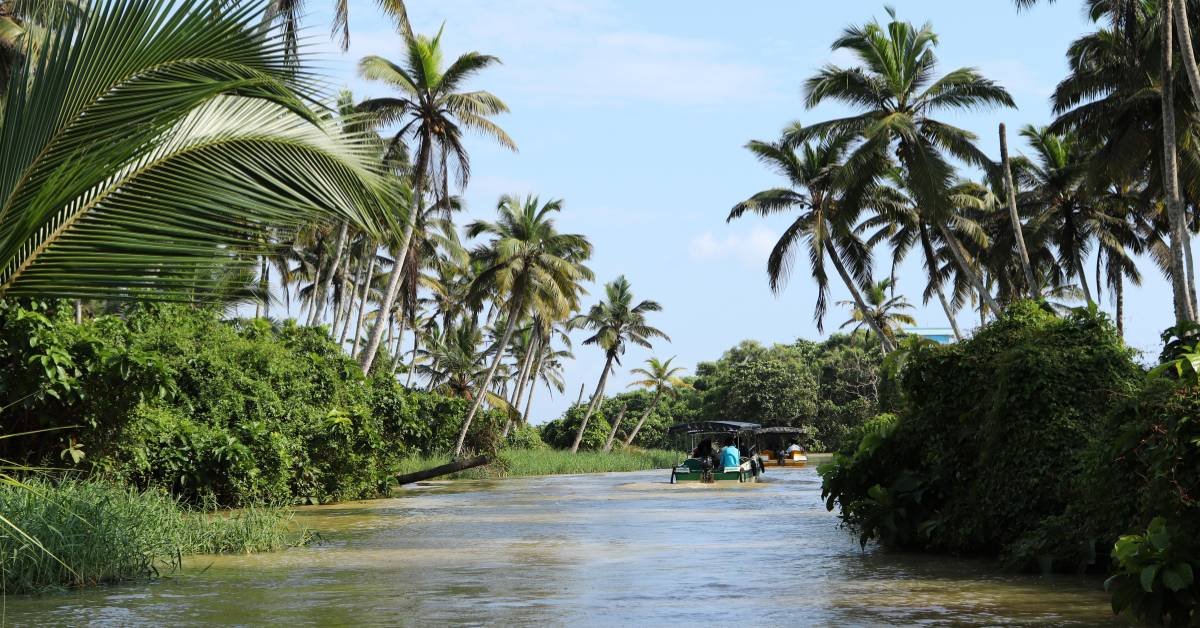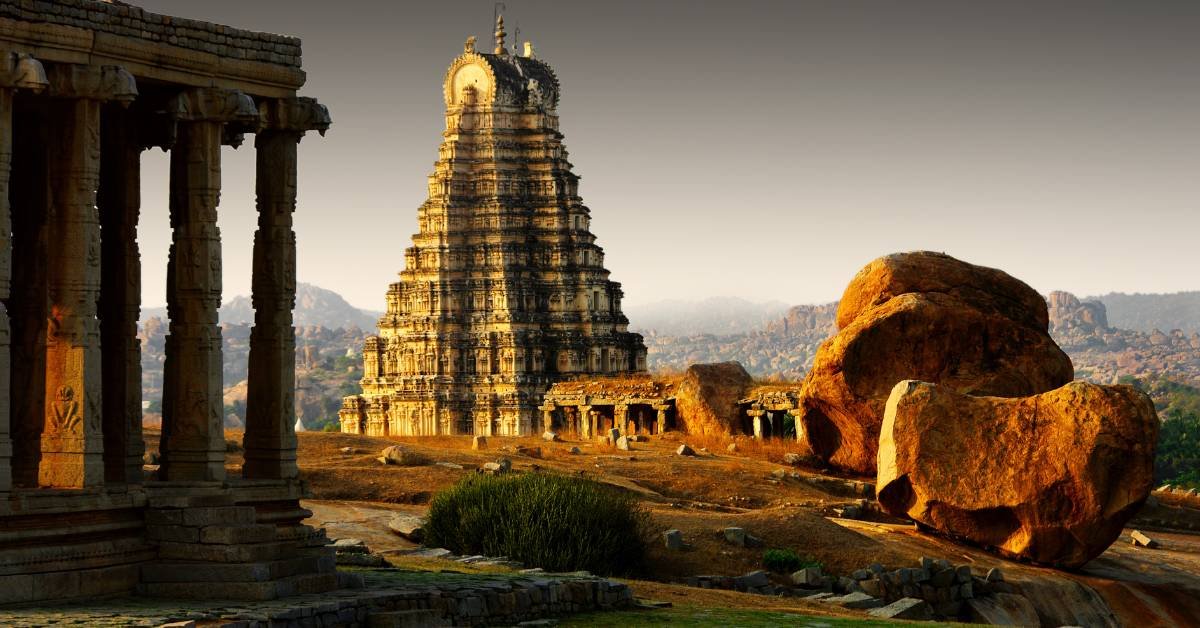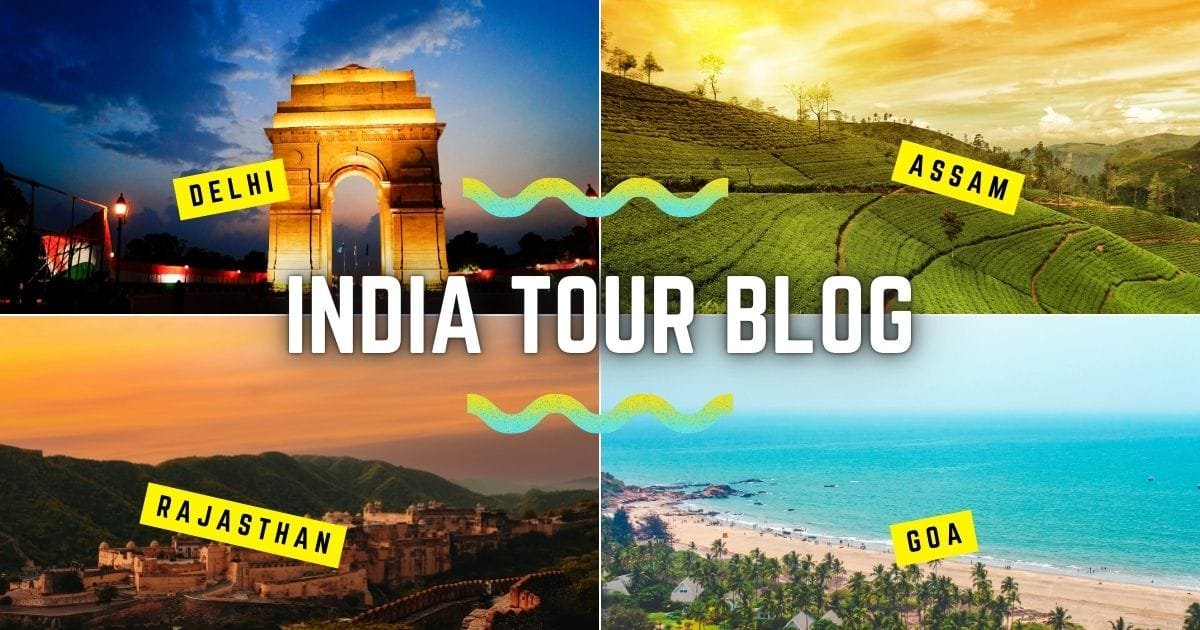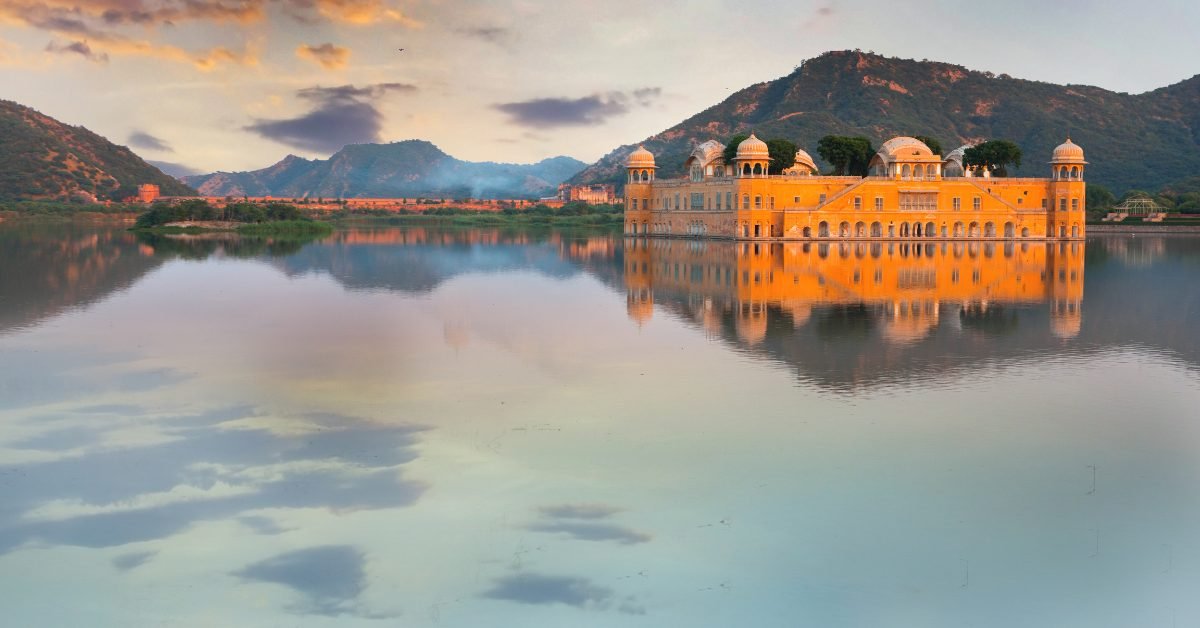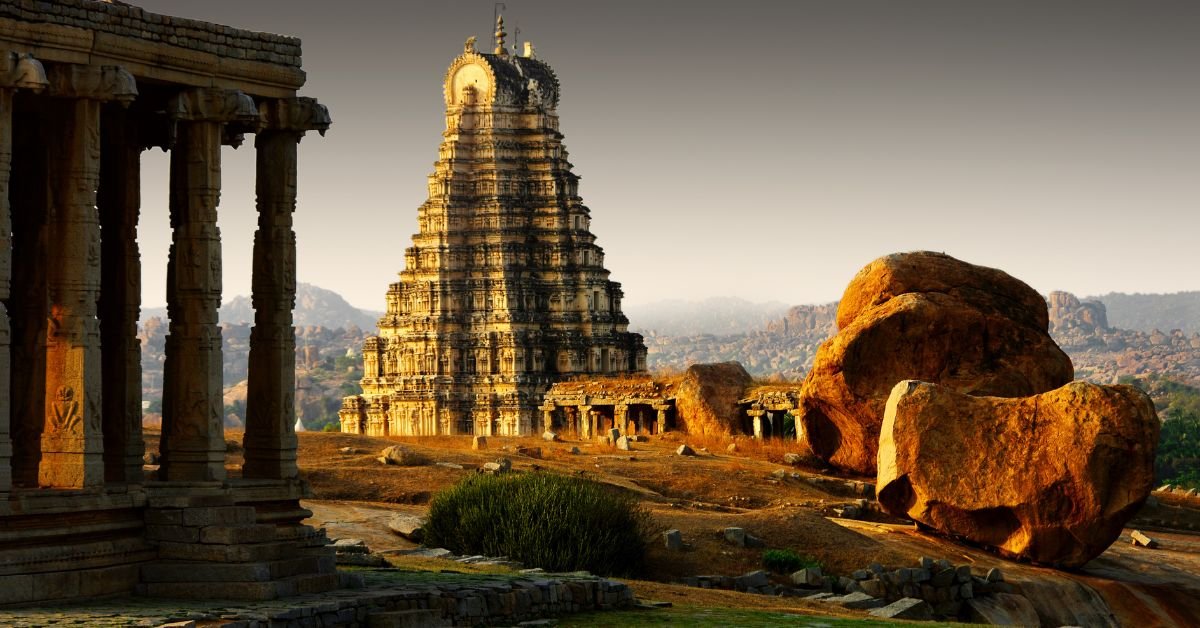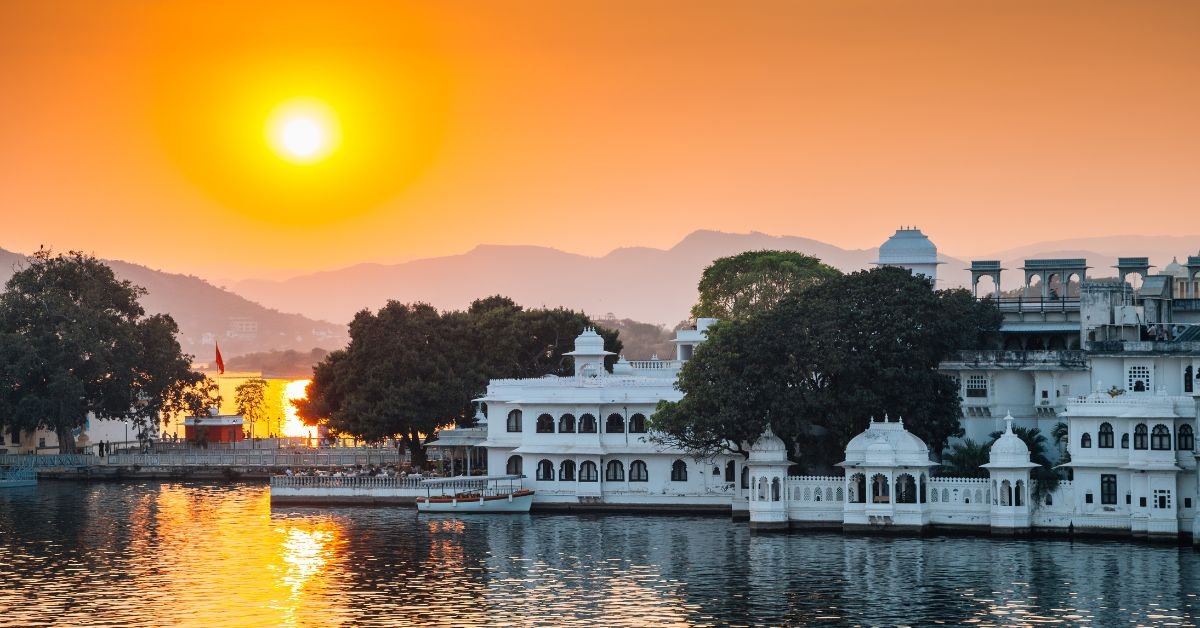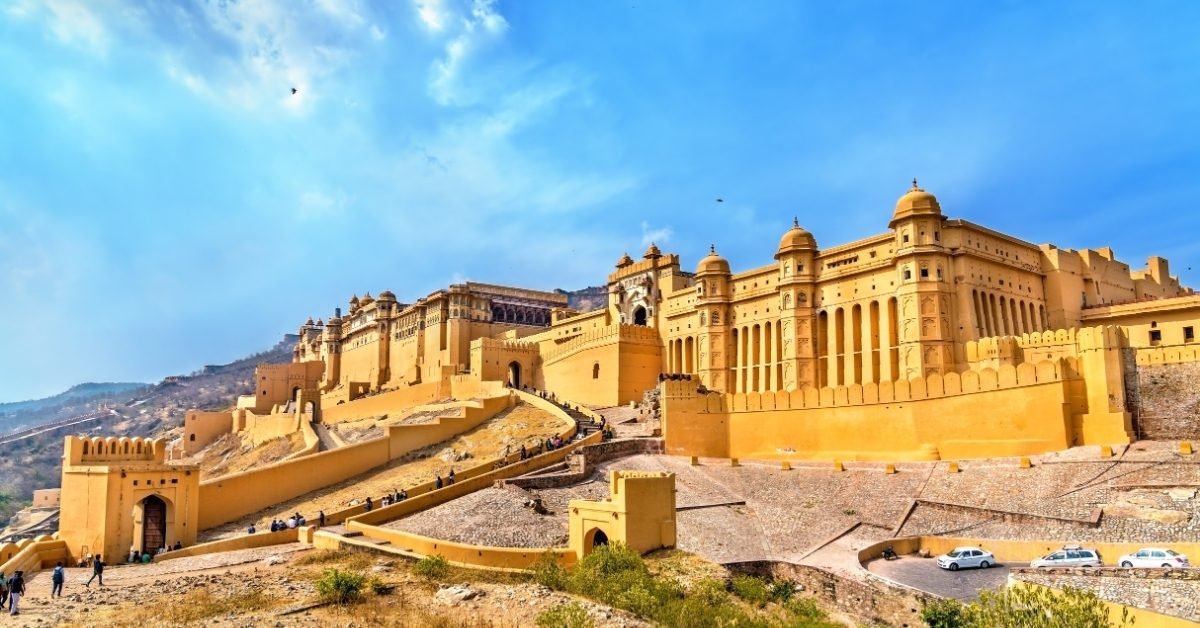When most people hear “Ajmer,” they think of the revered Ajmer Sharif Dargah or the serene Ana Sagar Lake. But there’s another side to this soulful Rajasthani city—one that lies in its unexplored corners, forgotten monuments, and tranquil trails. The Places to Visit in Ajmer go far beyond the tourist maps. If you are someone who loves to venture into lesser-known paths, then this blog is for you. We take you on a journey through the hidden gems of Ajmer that are just as fascinating, spiritual, and scenic as the city’s main attractions.
1. Taragarh Fort – The Silent Guardian Above Ajmer
Taragarh Fort isn’t just a structure of stone; it’s the beating heart of Ajmer’s medieval legacy, perched silently above the city.
- Built in the 8th century by King Ajaypal Chauhan, it is one of the oldest hill forts in India.
- Known as the “Star Fort,” its strategic position offers panoramic views of Ajmer and its surrounding Aravalli hills.
- Despite its historical importance, it sees far fewer visitors than it should—making it perfect for peaceful exploration.
- The architecture includes massive bastions, water reservoirs carved out of rock, and tunnels believed to lead miles outside the fort.
- Photographers will love the untouched, rugged charm of this place.
- A short trek leads to the fort; it’s not too tough but wear good shoes and carry water.
- Ideal for those who love offbeat experiences mixed with a bit of heritage and adventure.
2. Foy Sagar Lake – Ajmer’s Hidden Waterscape
While Ana Sagar gets the crowds, Foy Sagar Lake remains quiet, clean, and underexplored.
- Constructed in 1892 by Mr. Foy, an English engineer, to tackle the famine and water shortage.
- This artificial lake is framed by mountains and offers stunning sunset views that rival any popular lake in Rajasthan.
- Unlike Ana Sagar, this lake is less commercialized—no noisy vendors or crowds, just serene waters.
- During winters, migratory birds flock here, making it a hidden paradise for birdwatchers.
- Locals come here for peaceful walks and family picnics; travelers rarely find it on maps.
- Bring a book, a thermos of chai, or a camera—and spend hours here unwinding.
3. Soniji Ki Nasiyan – A Golden Treasure Few Talk About
Known as the Ajmer Jain Temple, this gem hides a golden surprise inside its otherwise modest red façade.
- The main hall, Swarn Nagari, features a gold-plated diorama depicting Jain mythology and cosmology.
- Over 1,000 kg of gold was used to construct this breathtaking model of the Jain concept of the universe.
- The intricacy of the work—tiny chariots, cities, and temples—is nothing short of a miracle in miniature.
- It is often missed by tourists focused only on the Dargah or Pushkar nearby.
- The temple is located in the heart of the city and is easy to reach via local rickshaws.
- Entry is affordable, and the site is peaceful—ideal for quiet introspection and admiration.
4. Mayo College Museum – History Locked in an Elite Campus
A rare chance to walk through one of India’s most prestigious boarding schools and witness its lesser-known museum.
- Mayo College was founded in 1875 for the sons of Indian royalty; its campus is a blend of heritage and elegance.
- The museum is housed in Jhalwar House, a former palace turned gallery.
- Exhibits include weapons, royal portraits, rare manuscripts, colonial-era furniture, and coins.
- Most tourists never realize this museum is open to the public—making it a true hidden gem.
- The lush green lawns, British-era architecture, and disciplined environment offer a unique flavor of colonial India in Ajmer.
- A valid ID and prior permission may be needed for entry—contact the administration office.
5. Abdullah Khan's Tomb – Underrated Mughal Beauty
Tucked away in the alleys of Ajmer is a striking tomb that few guidebooks mention.
- The tomb belongs to Abdullah Khan, a Mughal nobleman and foster brother to Emperor Jahangir.
- The structure boasts intricate Mughal architecture—white marble inlay, arched gateways, and jali work.
- It is a peaceful, uncrowded spot where you can sit and soak in the calm that once surrounded Sufi saints.
- The garden around the tomb is often in bloom, especially during monsoon and spring.
- Excellent for travelers who enjoy solitude, heritage, and offbeat photography.
- Combine a visit here with a quiet stroll through the older neighborhoods of Ajmer.
6. Nareli Jain Temple – A Blend of Modern and Ancient Styles
About 7 km from the city center lies a modern marvel of architecture and spirituality.
- The Nareli Temple is a beautiful Jain temple made of marble, known for its symmetry and peace.
- It consists of 24 smaller temples symbolizing the 24 Tirthankaras (Jain spiritual leaders).
- Though newer, its design blends traditional Rajasthani motifs with clean, modern lines.
- Set against the Aravallis, the temple looks stunning at sunrise and sunset.
- It’s less crowded than Pushkar or Ana Sagar, but equally divine and well-maintained.
- Don’t miss the panoramic view from the hill behind the temple.
7. Prithviraj Smarak – The Warrior’s Forgotten Watchtower
Perched atop a hill, this memorial honors Ajmer’s most legendary ruler—Prithviraj Chauhan.
- Features a large black stone statue of the king seated on a horse, gazing into the horizon.
- The site offers wide views of Ajmer city, especially breathtaking during sunset.
- Surrounding gardens and walkways make it a great place for relaxation and reflection.
- Few tourists climb the hill, making it a peaceful historical spot.
- It’s an ideal place to bring children and talk about bravery, legacy, and history.
- Also great for panoramic photography of Ajmer’s natural and urban blend.
8. Jain Dadabari – A Quiet Spiritual Retreat
Tucked in a residential area, this small temple complex offers a peaceful sanctuary for soul-searchers.
- Dedicated to Jain spiritual teachers (Dadagurus), the temple is built in white marble.
- The simplicity of the structure contrasts with its deep spiritual energy.
- It’s not grand or gold-lined, but it emanates tranquility that often escapes bigger shrines.
- Devotees often meditate here—if you’re respectful, you can join or observe.
- No entry fee, and photography is allowed outside but restricted inside.
- A must-visit for those seeking real spiritual energy, not just grandeur.
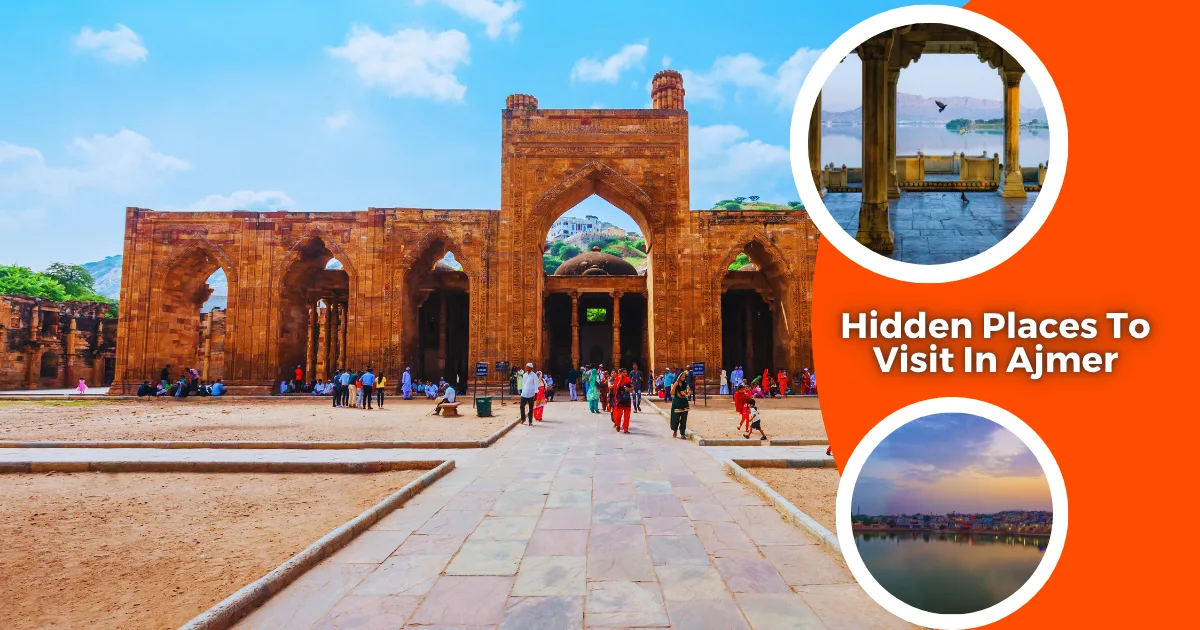
9. Akbari Fort & Museum – Where Mughal Politics Was Played
Though centrally located, this fort-museum remains underrated and mostly ignored.
- Built by Emperor Akbar in 1570, the fort once served as a military base and residence.
- It later became the British Residency and now houses the Ajmer Government Museum.
- The museum features sculptures, inscriptions, armor, and miniature paintings from Rajasthan’s various regions.
- You’ll also find relics from the Gupta and Mughal periods here—giving a full spectrum of Ajmer’s political and cultural past.
- Spacious, calm, and informative—perfect for history lovers who enjoy quiet reflection.
- Entry is ₹20–₹50; closed on Mondays.
Conclusion
Ajmer isn’t just a city of shrines and lakes—it’s a city of stories waiting in silence. The hidden Places to Visit in Ajmer give you something more than just visuals—they offer solitude, emotion, discovery, and connection. Whether it’s the golden diorama of Soniji Ki Nasiyan, the old-world charm of Foy Sagar Lake, or the windswept view from Prithviraj Smarak, these places remind us that real beauty often hides away from the crowds. In 2025, take the road less traveled in Ajmer—and discover a side of the city most have never seen.
Contact Experience My India Today:
📞Call Us: +91 7037550028
📲WhatsApp Us: +91 7037550028
🌐Visit Our Website: Experience My India
FAQs – Hidden Places to Visit in Ajmer
1. What are some hidden places to visit in Ajmer?
Taragarh Fort, Foy Sagar Lake, Soniji Ki Nasiyan, and Abdullah Khan’s Tomb are great hidden gems.
2. Are these hidden places suitable for families?
Yes, most places are safe and quiet—ideal for peaceful family outings.
3. Can I visit all these places in one day?
It’s possible, but better to explore over two days for a relaxed experience.
4. Are these sites open every day?
Yes, except Mayo College Museum and Akbari Fort Museum, which may close on Mondays or public holidays.
5. Are entry fees required for these places?
Most are free or have minimal charges (₹10–₹50). Only a few, like the museum, charge tickets.
6. Are guides available for these places?
Not usually, but you can hire local guides or use mobile apps for self-guided tours.
7. What should I carry while visiting these hidden places?
Carry water, snacks, ID, and a camera. Comfortable shoes are a must.
8. Is photography allowed in these locations?
Yes, mostly allowed. Some temples restrict it inside sanctums.
9. How do I reach these hidden places?
Auto-rickshaws, rental bikes, or local taxis are easily available.
10. Are these places safe for solo travelers?
Yes, Ajmer is generally safe. Daytime visits to these spots are peaceful and secure.



